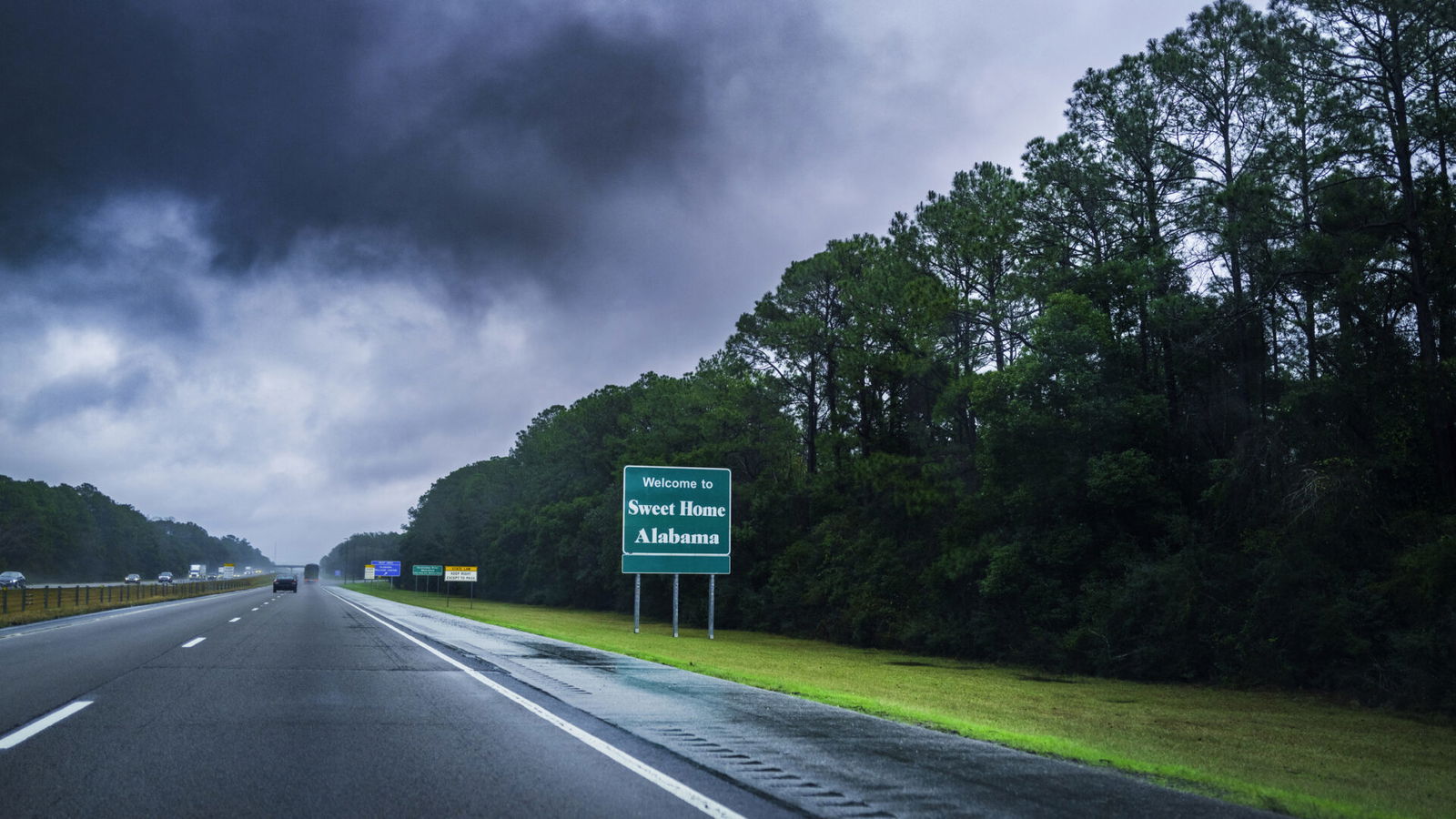
November 2, 2023
Alabama Residents Claim A Bad State Development Project Causes Flooding In Their Community
A group of Black residents in Alabama are claiming that an ongoing highway project is to blame for the recent flooding of their homes during heavy rains. In response to residents from the Shiloh community raising concerns that the highway project is the cause of the flooding affecting their homes and properties, Alabama has taken steps to shield the state from potential liability, making it challenging for these residents or future families to hold the state accountable, ABC News reported.
As per a formal agreement endorsed by residents of the Coffee County community, property owners within the county have relinquished their ability to hold the Alabama Department of Transportation responsible for any flood-related damages in exchange for a $5,000 settlement. The settlements on behalf of the state were formally signed by Gov. Kay Ivey and John Cooper, the transportation director for the State of Alabama, in 2020.
“It didn’t help the community, but it hurt the community,” Williams said. “They took the highway and they elevated it and then forced all the water onto us. I mean, that’s just plain Jane,” Timothy Williams, whose family land dates back to the Reconstruction Era, told ABC News.
Williams and his neighbors say that their properties had never flooded before the state began this highway project, adding that along with the flooding comes major property damage and an influx of frogs and snakes. The Federal Highway Administration is also about a year into a civil rights investigation of the State of Alabama regarding what’s happening in Shiloh, and its website depicts investigations similar to this one, but all of those investigations have already been dismissed.
The Alabama Department of Transportation gave ABC News a statement saying, “In the settlements involving ALDOT, there were restrictive covenants to prevent future owners from filing claims because ALDOT maintains that it has not increased the volume of stormwater runoff being placed on the Shiloh Community.” However, the DOT has hired a consultant to explore possible improvements and upgrades to the department’s system.
According to Blake Hudson, the Dean of the Cumberland School of Law at the University of Alabama, residents could potentially argue that what the state is calling a restrictive covenant is actually an easement, which allows for a specific amount of flooding on their land, an amount which the Department of Transportation has exceeded.
“That’s a much harder case to make if you knew your home flooded and then you still took the $5,000,” Hudson said. “Legally, those documents can protect the government from suit,” Hudson told ABC News.
Williams, meanwhile, maintains that he and his neighbors were fundamentally lied to by the state, and when he raised concerns about potential flooding of properties in 2018, he was informed that the DOT would take the necessary precautions to avoid excess runoff.
Williams also contacted the Coffee County native and current Texas Southern University Professor Dr. Robert Bullard, who helped coin the phrase “environmental justice” and has written extensively on the topic, authoring 18 books on the subject.
“The state is saying that they didn’t cause this problem, and there’s no problem,” Bullard said. “I would say bring your grandmother here to live for a month in one of these houses, and they’ll see that it floods.”
Bullard also claims that the state settlement is a terrible deal for residents, explaining, “You can’t do very much with $5,000. From my perspective, when you sign a piece of paper for settling in terms of this highway, you didn’t sign away your life. You didn’t sign away your children’s inheritance to be taken away because of flooding [and] because of devaluation.”
Bullard continued, “A settlement should mean that you have resolved something,” Bullard said. “The flooding is not resolved.”
RELATED CONTENT: Georgia Families In Food Crisis Over Delayed SNAP Benefits